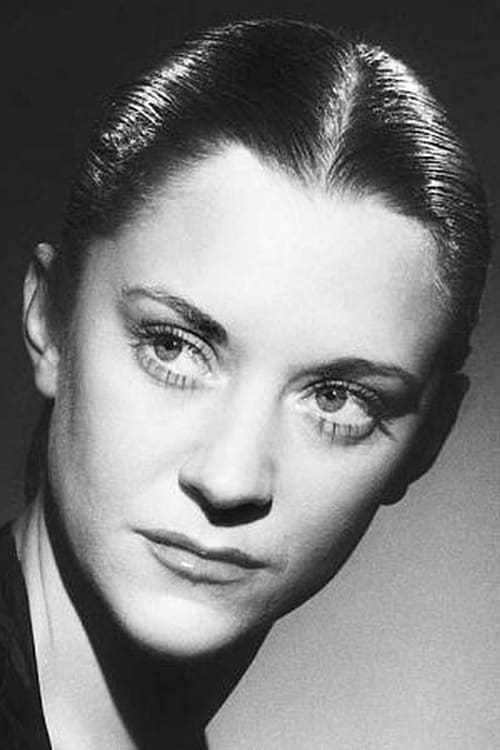María Casares
Nacimiento : 1922-11-22, La Coruña, Galicia, Spain
Muerte : 1996-11-22
Historia
María Casares was a Spanish actress and one of the most distinguished stars of the French stage. She was usually credited in France as Maria Casarès.
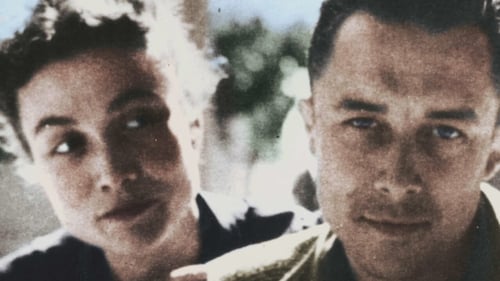
Self (archive footage)
Albert Camus died at 46 years old on January 4, 1960, two years after his Nobel Prize in literature. Author of “L'Etranger”, one of the most widely read novels in the world, philosopher of the absurd and of revolt, resistant, journalist, playwright, Albert Camus had an extraordinary destiny. Child of the poor districts of Algiers, tuberculosis patient, orphan of father, son of an illiterate and deaf mother, he tore himself away from his condition thanks to his teacher. French from Algeria, he never ceased to fight for equality with the Arabs and the Kabyle, while fearing the Independence of the FLN. Founded on restored and colorized archives, and first-hand accounts, this documentary attempts to paint the portrait of Camus as he was.
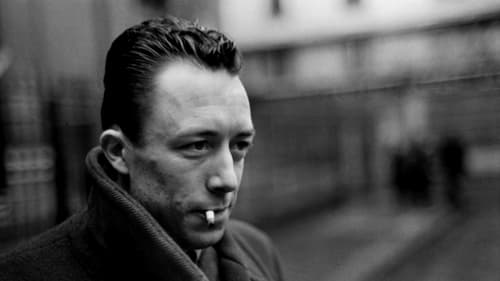
Self (archive footage)
Un relato de la breve vida del escritor Albert Camus (1913-1960), francés nacido en Argelia: su origen español en la isla de Menorca, su infancia en Argel, su carrera literaria y su lucha constante contra los pomposos intelectuales burgueses franceses, su compromiso comunista, su amor por España y su oposición a la independencia de Argelia, ya que causaría la pérdida de su verdadero hogar, su alejamiento definitivo.

Alonsova majka
Estados Unidos, años 90. Crónica sobre la inmigración en Nueva York. El montenegrino Bayo, que vive en Brooklyn, ha conseguido trabajo en el restaurante de un inmigrante español que tiene problemas con su anciana madre, que quiere volver a España, y con las mujeres en general. Mientras, la familia de Bayo decide embarcarse en un carguero con destino a Nueva York. (FILMAFFINITY)

The Quest of the Grail from the birth of Merlin, to the foundation of the Round Table, the coronation of Arthur, the love affairs of Lancelot and Guinevere, the Bridge of the Sword, the revenge of Morgana until the return of Gilead to the castle of the Fisher King.

Self - Narrator (voice)
Una mirada muy personal a la historia del cine dirigida, escrita y editada por Jean-Luc Godard en su residencia suiza de Rolle durante diez años (1988-98); un collage monumental, construido a partir de fragmentos de películas, textos y citas, fotos y pinturas, música y sonidos, y diferentes lecturas; una visión crítica, bella y melancólica del arte del cine.
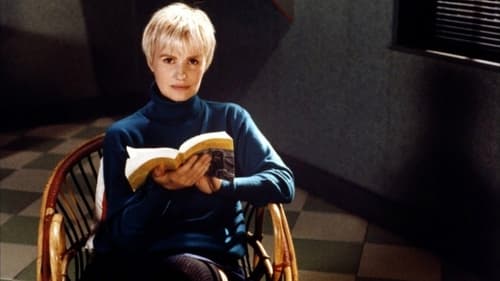
la veuve de Général
Constance es una apasionada lectora. Después de leer todas las noches a su marido un libro en el que se habla de una joven que se ofrece como lectora a domicilio, decide dedicarse también a esa profesión.

Dolores
Bullfighting, music, medicine, change, and homoerotic possibilities mix in this study of friendship. Francisco is a bullfighter on his way up, so focused even sex doesn't hold his interest. After a minor road accident, he meets a doctor, Manuel, who attends a bullfight, leaving early, retching. His wife, who is also his partner in a string quartet, worries about him: Manuel has a history of breakdown. Manuel, for his part, hates bullfighting and the memories it brings of Franco's Spain. His harsh views undermine Francisco's focus. He accompanies the young fighter to Spain for an important corrida. Will Francisco succeed? And what becomes of this friendship?
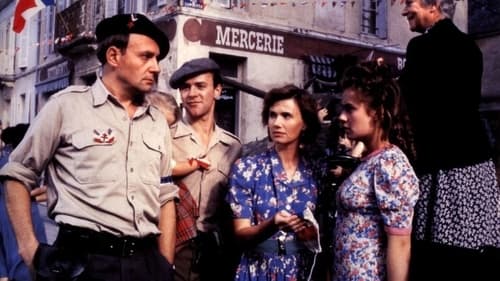
Louise
Víctor, obrero, y Germinal, peluquero, son miembros activos de la Resistencia y no quieren que sus familias se enteren. Sin embargo, un día Blanche, la esposa de Víctor, y Marie, la hija de Germinal, los descubren. Marie, refugiada en la casa de su abuelo y simpatizante de Pétain, se convierte en contacto, mientras que Blanche abre su casa a los hombres de la Resistencia. Ella descubre entonces que su madre Louise, es igualmente un agente activo...

Ase, la mère
French television adaptation of Henrik Ibsen's five-act play in verse.
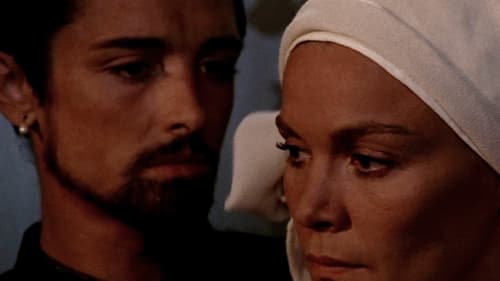
Sister Agatha
Puglia, sur de Italia, hacia 1400. Un convento es invadido por el culto de la Tarántula, cuyos miembros, fanáticos y enloquecidos, profanan el sagrado lugar cometiendo actos obscenos y sangrientos.

Self
The two memories
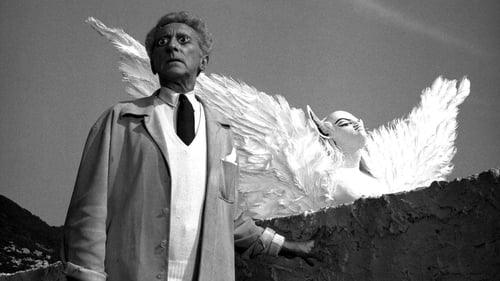
The Princess
Un poeta ve que se acerca la hora de su muerte y decide hacer balance de su vida y de su obra. Entre sueños de inmortalidad y ansias de renacimiento, irá desfilando una serie de surrealistas personajes que darán lugar a un preciso análisis de la inspiración, las fobias y las obsesiones del artista. Parte final de la trilogía órfica de Jean Cocteau: La sangre de un poeta (1932), Orfeo (1950) y El testamento de Orfeo (1960).

Self
Documental sobre el Teatro Nacional Popular, una importante sala de teatro experimental que estaba bajo la dirección de Jean Vilar. Franju combina las filmaciones de las representaciones teatrales con imágenes documentales, creando conexiones y confrontaciones entre el teatro y el mundo real.
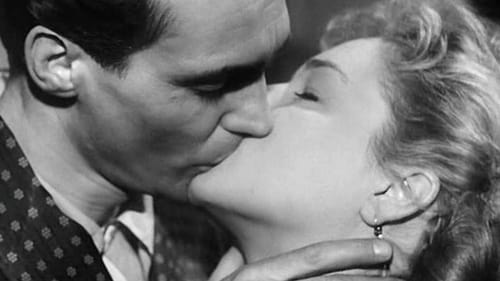
Caroline Bessier
A few years ago, Isabelle Leritz, a famous pianist, suffered a fit of madness, in the middle of a concert. Now recovered, she fell in love with Jacques whom she plans to marry. She does not know that he is having an affair with Caroline, his sister, director of a fashion house.
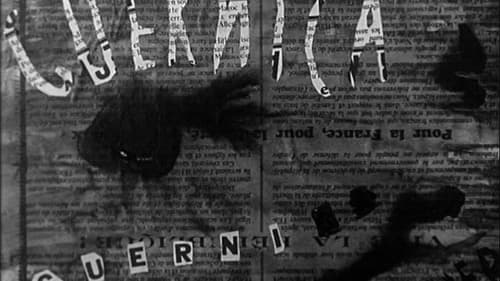
Alain Resnais & Robert Hessen use the famous Picasso mural "Guernica" in combination with newspaper headlines in an anti-war cry against the Spanish Civil War. Narration by Jacques Pruvost highlights the Guernica atrocity of April 1937, followed by a poem by Paul Eluard read by María Casares to a discordant score by Guy Bernard.
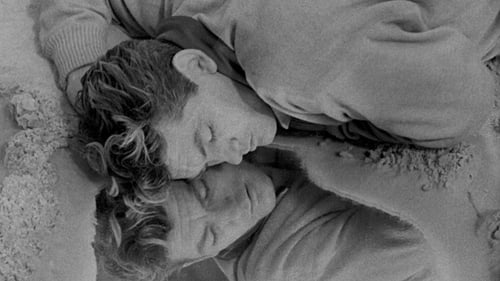
Death
Orfeo es un poeta obsesionado con la Muerte (la Princesa) de la cual se enamora. Un día los esbirros de la Muerte matan a Eurídice, la esposa de Orfeo, y éste decide seguirla hasta el Inframundo para rescatarla. Este film es la parte central de la trilogía órfica de Jean Cocteau: La sangre de un poeta (1932), Orfeo (1950) y El testamento de Orfeo (1960).

A man, after a fight, believes he has killed his cousin, and hides the body. The dead man had only passed out, but when he regained consciousness, he became amnesiac. When she sees him again, the woman who loved him takes him for a ghost.

Carmelle
A proud femme fatale who works at a mountainous farm property manages, after being prodded by her lover, to become the heiress, but she plays the rival men against each other.
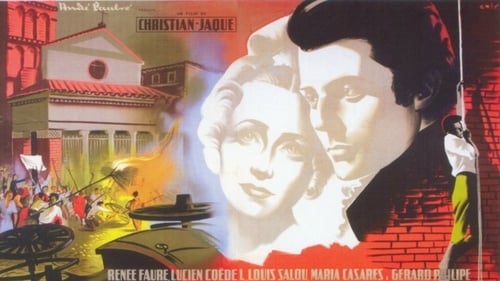
la duchesse Gina de San Severina
This adaptation of Stendhal's timeless masterpiece of French literature tells the tale of Fabrice Del Dongo (Grard Philipe) a young archibishop who gives his heart and soul to romance rather than to the Church creating upheaval in the lives of evergone around him the Countess of Sanseverine (Maria Casares) is but one of the may women who love him. In turn she incurs jealous retributions from those in high places who desire her. For his crimes Fabrice is thrown in Prison where from Crimes Fabrice is thrown in prison where form his lonely window he falls in love with his jailer s daughter and plans a daring escape she however calls his plan insane and takes a vow to the Virgin Mary to never see him again ever if his escape succeeds the Charterhouse of Parma explodes with conflicting desires man s desire form God vs. his desire for romance.
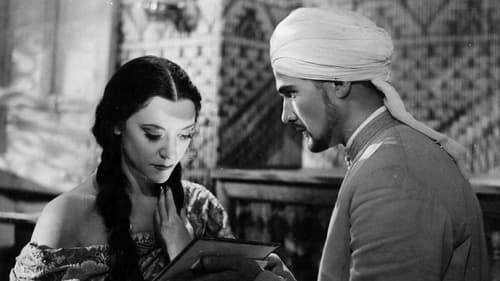
Léila
An old man about to die gives all his fortune to a young beggar he meets in an Arabian town. He takes him to his house (now the poor man's property) and he strongly advises him not to open one of the doors, the seventh door. "I could throw the key into the sea" says the young lad" No use, you'd dive to get it back". The young man is curious and he cannot resist temptation: he opens the forbidden door. A strange world is waiting for him where a girl, Leila, will be his guide .

Thérèse
In an isolated house, in Brittany, live two sisters around whom gravitate a whole series of strange characters. Between the eruption of the vagrant voyeur and that of the couple in love, the youngest kills her eldest and goes mad.

Julia de Terrenoire
Roger Laroque is now a rich man. He returns to France under the name of William Farnell. There, he discovers that on the one hand his wife has died of a broken heart and on the other that his daughter Suzanne is in love with Raymond de Noirville, the son of his former mistress. With the help of a few friends, Roger coldly prepares his revenge.

Roger Laroque, an honest industrialist, is the victim of a criminal machination by Julia de Noirville, his possessive and jealous mistress allied to the perfidious Paul Luversan, meant to make Roger take responsibility for the crime he himself committed. Laroque is sent to prison, from where he escapes by sea. When he is reported missing, it looks like he drowned. But he reappears with revenge as his objective. He also wants his daughter Suzanne back. For his wife, it's too late, she died of grief.

Hélène
Hélène tiene la desagradable impresión de que su amante, Jean, se le escapa. Mediante artimañas se entera, para su consternación, de que Jean ya no la ama. Herida, Hélène decide vengarse y pone en marcha un meticuloso plan. Organiza a Jean un encuentro con Agnès, una atractiva bailarina de cabaret a la que ha tomado bajo su protección. Como Hélène había previsto, el plan funciona perfectamente y Jean se enamora inmediatamente de la joven. Consciente de su difícil pasado, Agnès confiesa, en una carta escrita a Jean, que sólo es una chica perdida. Pero Jean se niega a leer la carta...
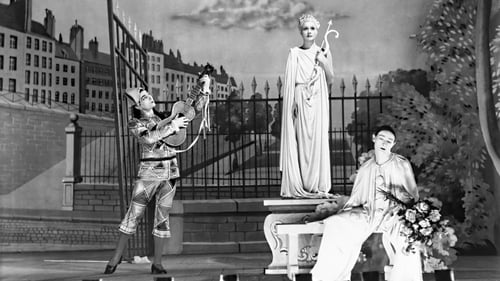
Nathalie
París, 1820. Dos jóvenes artistas, Baptiste Debureau y Frédéric Lemâitre, debutan en el teatro de los Funámbulos y entablan amistad. Un día, Garance, una misteriosa y atractiva mujer, irrumpe en sus vidas. Mientras que el tímido Baptiste no se atreve a declararle su amor, Frédéric la convierte en su amante. Sin embargo, al estar implicada en una serie de crímenes, la mujer desaparece.

A finales del verano de 1944, Hitler dio la orden de arrasar Varsovia. En los cinco años anteriores, la capital polaca había sufrido un bombardeo aéreo masivo, la ocupación nazi, el levantamiento del gueto y el éxodo. Las bajas civiles y la deportación se cobraron su precio. Una metódica destrucción de la ciudad con lanzallamas y voladuras hizo desaparecer siete siglos de historia y cultura en dos meses. Liberada en enero de 1945, no era más que ruinas y desolación. El esfuerzo de reconstrucción consistió en devolver la vida a las mentes y lugares marcados por la experiencia del dolor
